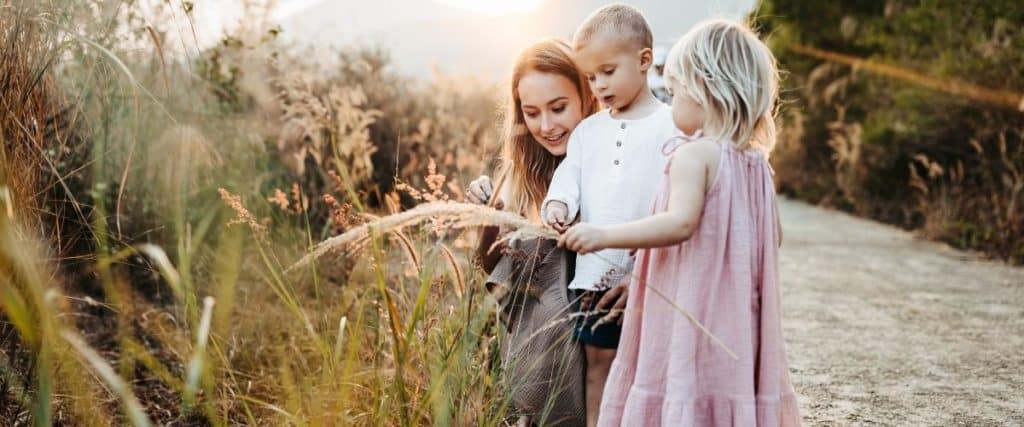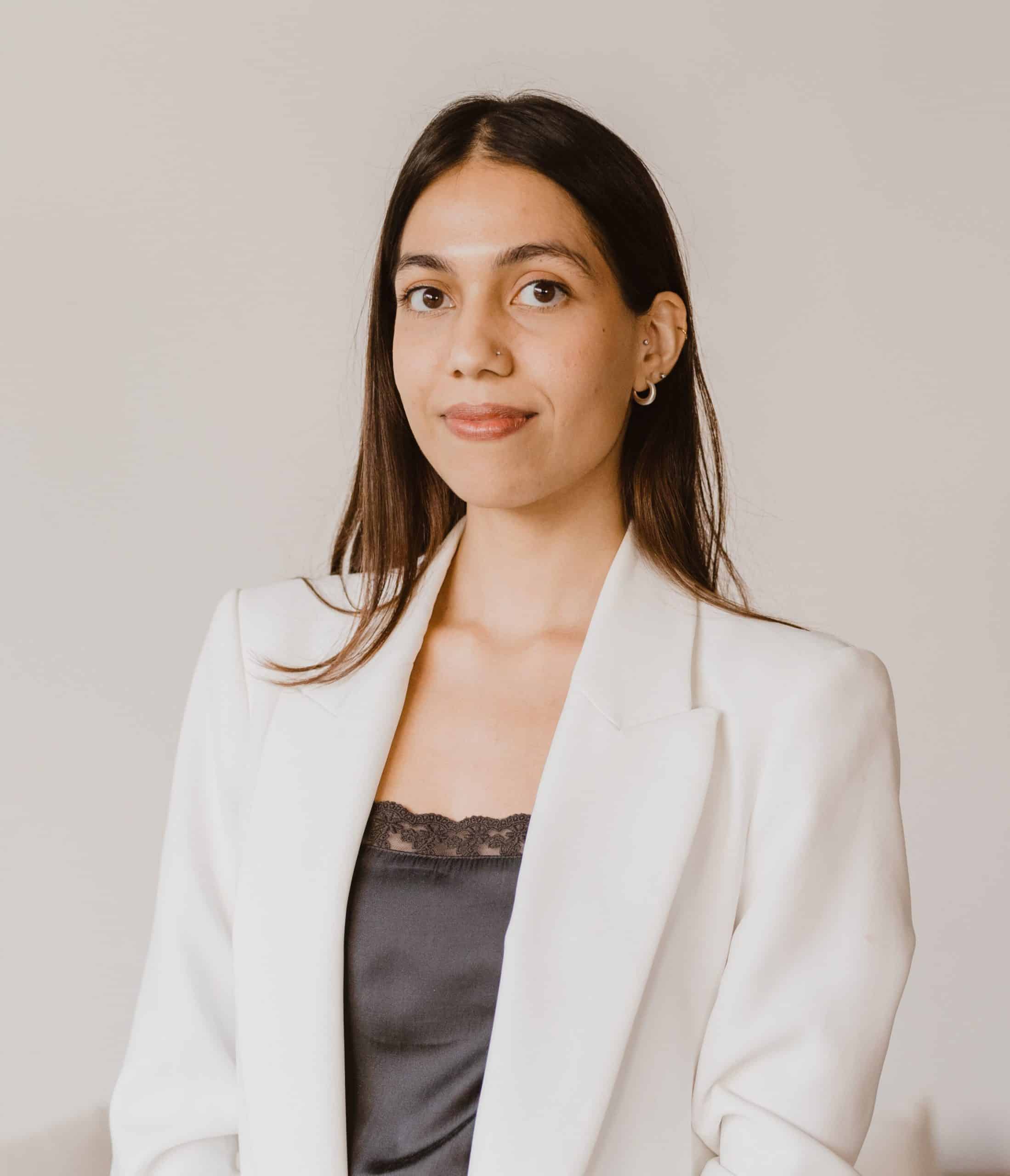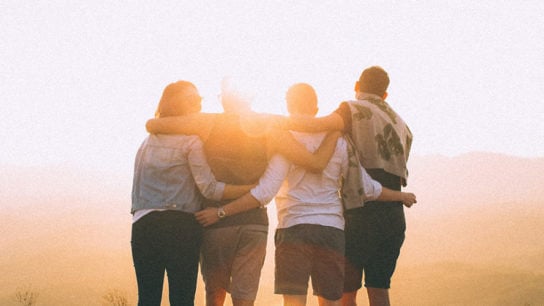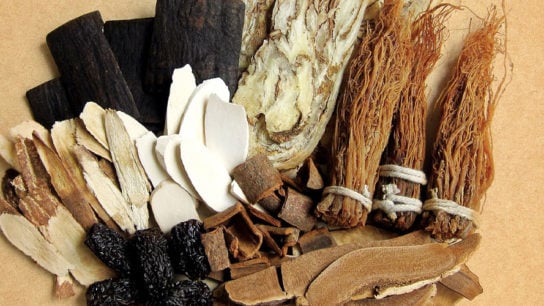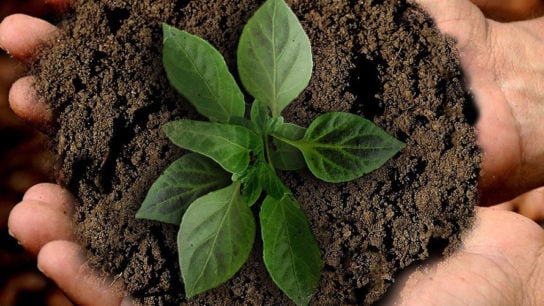Linda Morrison is the nature enthusiast behind eco-conscious fashion brand, MiliMilu, bringing organic fashion staples for the entire family. Hive Life spoke with the sustainable fashion entrepreneur on her journey establishing the fair-trade label, her everyday life juggling her business and motherhood, and what the future holds for Milimilu.
Linda Morrison built MiliMilu, her eco-conscious fashion label from the ground-up, with her love for nature and her family’s wellbeing at heart. Throughout her sustainability journey, the mother of two had always envisioned starting something of her own which shared her compassion and love for the environment. Linda founded MiliMilu in 2021 in Hong Kong upon witnessing the lack of sustainable fashion options for her children, and thus conceptualised the slow fashion label, creating her own solution.
The e-commerce platform sources organic and eco-conscious fashion staples from Europe’s top players, among other emerging indie brands, while ensuring ethicality and sustainability is maintained in its selections. Its essential collections are thoughtfully curated to offer customers premium materials, contemporary chic styles, and comfortable selects for your whole family.
The founder aspires for MiliMilu to become a common household name, for families and their green wardrobes, and is committed to drive Hong Kong’s own slow fashion movement with the launch of its upcoming collection. Linda shares her day-to-day rituals as a mother of two and full-time business owner, the inspirations behind her homegrown concept, and her future aspirations for MiliMilu.

Can you tell us about yourself and your journey founding MiliMilu?
I am originally from Latvia. I had been living in Asia for most of my life. I moved to Japan, Shanghai, and eventually Hong Kong, where I have been living the longest.
I have two beautiful children, Adrian and Emelia, and they were the ones that made me start in sustainable fashion, and [create] a more children and family-focused label. Living in Hong Kong, I struggled to find the right clothing for my children, which were sustainable and organic.
Especially for my eldest, he struggles with skin allergies, and we always had to be extremely careful with choosing his clothing. For [infants and toddlers] there are quite a few good offerings in baby clothing, but once they grow out, it gets more challenging. Another [reason was to introduce] “mummy and me styles” as I love matching with my kids, especially with my daughter. Everything is ethically made and sourced in fair trade, and that is how MiliMilu was established.

What is the meaning behind the name MiliMilu?
Mili in Latvian means love, and we often use both of them together, “Mili Milu” as closer, bigger love for something very close and special to us and gives a warm cuddly feeling. That is the story behind the name MiliMilu, because it is all about the family, love for nature, and our closest ones.
For me, we are very connected to nature and often go outdoors. Even as a child, I grew up in the countryside surrounded by forests and nature. So, it is very important that we always stay connected and that is something I want to bring into my children’s life.

What motivated you to start your own sustainable e-commerce business?
It was mainly my children, I really wanted to show them [what is to be] sustainable and kind to nature. One was my son’s allergies and second it was something that I had wanted to do for a very long time.
Covid-19 had been one of the biggest pushes, made me leave my corporate job and actually start working on something I believe in. It is quite challenging for you as an individual to believe in yourself and take the first step. It was definitely more challenging than I had expected, as normally you have your own role in a company, and now you become your own IT, marketing, social media, and accounting.
I am still adapting and trying to learn. While I do outsource a couple of things, I learnt through the process that I cannot always do everything. One important thing I learnt: for skills you might not possess, it is best to outsource to someone who can help support you, and that has so far been working great!

How do you manage your time between being a full-time mum and managing your own business?
[In my] day-to-day, I usually wake up around 5:30am, do my morning workout, and take the kids to school. Then, I do my work until about the time to pick the kids up, and we get back home, have dinner, and then it is bedtime. That is when I would do a few more hours of my work.
Some days are more challenging than others, but I do enjoy having the flexibility and working towards something I believe in.
Do you have a tip to share with mothers trying to balance their careers, personal life, and children?
It is [a handful], but you need to set priorities and boundaries at work. It is very easy to slow down and end up working till late at night, but then it gets hard to wake up the next day, puts you behind. I believe that being organised and having a schedule and routine is one of the main things. Start with prioritising what is most important, [but also make] time for your family and yourself as well.

What is your vision, aspiration, and brand direction for your slow fashion label?
For us, of course I would love to see everyone [shop] at MiliMilu, but a part of it is educating families, especially with children, on sustainability and why it is better to select clothing that is organic and [eco-conscious], and it is not just because it can be good for skin but what pollution does to the nature, same with packaging, on why not to use plastic, but rather other fabrics and biodegradable materials.
I believe slow fashion is the way forward because being in Hong Kong, and specifically Asia, everything is quite fast-paced and we have gotten used to everything being fast. It is essential that we stop and look backwards on what it means for us as individuals and what the future in fast fashion means for our children.

What market gap is MiliMilu filling as a family fashion label?
For Hong Kong specifically, there is [quite a wide assortment] of baby clothing, especially until the age of two, and then for kids between two to nine, we have [fast-fashion] brands. However, it is significantly harder to find organic, ethical, and high-quality fabrics in children’s clothing, and that’s where we came in.
We are planning to add and try baby collections to match older kids and parents. Our main focus is mothers matching with their children as well, but we are also adding dads, expanding the men’s collection at Milimilu, and are trying to cover the whole scope of family fashion.
We are hoping to launch our own in-house brand, with plans to scale our local market [reach], and are looking to expand across Asia.

Can you tell us more about the sustainable selection at MiliMilu?
The brands we usually select have products made from organic materials with the right certification. We are working with European brands so far, since they are able to provide these certifications, for us to ensure their products are made in [compliance with] fair trade. For the kids’ collection, I would ask my children as well to see what they like and find the ideal selections through their eyes.
Our collections are sophisticated, with a casual beach-to-the-city [aesthetic]. For kids, it is a bit more colourful and fun, as for the adults, it is more subtle, easygoing, something you would wear to a family day out, Sunday brunch, or something you could convert to casual office wear.

How do you select the right designers for MiliMilu?
It is a significant amount of research. There are quite a few brands we carry from the Eastern Europe, where I am from, since I am more familiar with the space, and know those certifications.
[The brands we source from] would be organic, with preferably the GOTS certification and fair trade article production. It is the hardest part, [but essential to operations] to showcase where the products are made.
How can interested brands display their products with MiliMilu?
They can get in touch with us through our website, our email, or Instagram. We are open to talk to any brands and get in touch to explore opportunities, especially in Hong Kong.

How has the attitude towards slow fashion shifted in Hong Kong and Asia over the years?
It is starting to change, but still quite a long way to go since people in Asia are quite trendy and fashionable.
But the main part is education, from families and schools, to getting more involved with connecting to nature. I believe you grow through it and [eventually begin] looking more into sustainability, as well as sustainable products. [People are more aware], and are learning how organic sustainable products in general can affect our health and wellbeing.
What advice would you like to share with emerging sustainable fashion labels in Asia?
Do not be discouraged, just keep going and working hard towards your dreams. Find the right support group, speak with different small businesses and people in the industry. Being part of the community [is essential]- I have received amazing support from many other business owners.

Can we expect to see any new collaborations and collections soon?
We are planning to launch a new collection in early September. it will be fully sustainable and handcrafted in Europe, and will have a bit more magic, colour and [it will be] brighter, as suggested by my daughter.
We are also expanding our baby collections. We are [expecting to do] a few pop-ups across Hong Kong- those who want to meet us or check out our products in real life are more than welcome to join. [Or customers can purchase] our products online, and we currently ship worldwide. Our main market focus is, of course, Hong Kong, Singapore, Japan, and Korea.

What can we look forward to seeing from MiliMilu?
We do want to expand more in Southeast Asia, that is one of our goals for the next few months.
We are trying to partner up with a few charities, since we want to get more involved and more active with beach cleanups. We also do have our own brand collection coming soon!

Related Articles
7 Essential Sustainable Fashion Labels in APAC to Know
Flowe: The Sustainable Beach Towel Label Revitalising Plastic Waste Through Creative Expression
